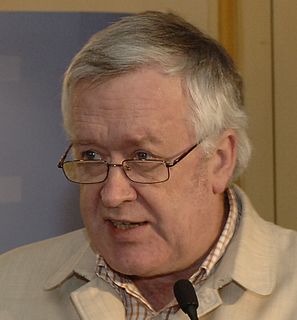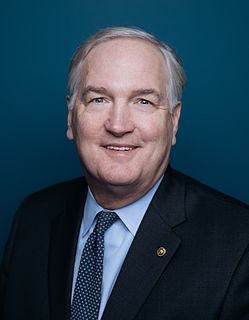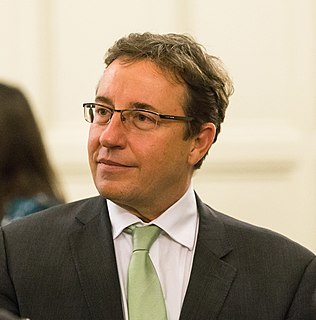A Quote by Ben Stewart
We have a policy at Greenpeace that we no longer debate people who don't accept the scientific reality of anthropogenic climate change.
Quote Topics
Related Quotes
Despite the international scientific community's consensus on climate change, a small number of critics continue to deny that climate change exists or that humans are causing it. Widely known as climate change "skeptics" or "deniers," these individuals are generally not climate scientists and do not debate the science with the climate scientists.
We can no longer completely avoid anthropogenic climate change. At best, limiting the temperature rise to two degrees is just about possible, according to optimistic estimates. That's why we should spend more time talking about adjusting to the inevitable and not about reducing CO2 emissions. We have to take away people's fear of climate change.
The scientists are virtually screaming from the rooftops now. The debate is over! There's no longer any debate in the scientific community about this. But the political systems around the world have held this at arm's length because it's an inconvenient truth, because they don't want to accept that it's a moral imperative.
To those of us who have been following the climate debate for decades, the next few years will be electrifying. There is a high probability we will witness the crackup of one of the most influential scientific paradigms of the 20th century, and the implications for policy and global politics could be staggering.
With Climate Change as a Security Risk, WBGU has compiled a flagship report on an issue that quite rightly is rising rapidly up the international political agenda. The authors pull no punches on the likelihood of increasing tensions and conflicts in a climatically constrained world and spotlight places where possible conflicts may flare up in the 21st century unless climate change is checked. The report makes it clear that climate policy is preventative security policy.
































